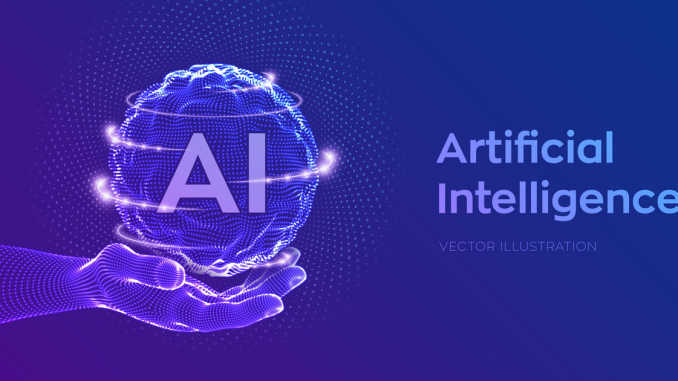
What is Artificial Intelligence (AI)?
Artificial Intelligence (AI) refers to the simulation of human intelligence in machines that are programmed to think, learn, and make decisions. In simple terms, AI allows computers and systems to perform tasks that typically require human intelligence such as understanding language, recognizing images, solving problems, and making predictions.
Key Features of Artificial Intelligence
- Machine Learning (ML): AI systems that learn from data without being explicitly programmed.
- Natural Language Processing (NLP): The ability of AI to understand and respond in human language.
- Computer Vision: Enables machines to interpret and process visual information.
- Deep Learning: A subset of ML using neural networks for complex problem-solving.
Types of AI
- Narrow AI (Weak AI): Performs a specific task (e.g., voice assistants like Siri or Google Assistant).
- General AI (Strong AI): Has human-like cognitive abilities (still theoretical).
- Superintelligent AI: Surpasses human intelligence (a concept for the future).
How Does AI Work?
AI works by processing large volumes of data through algorithms. These algorithms are trained to identify patterns, make decisions, and continuously improve performance. Key technologies include:
- Algorithms: Step-by-step processes that solve problems.
- Neural Networks: Inspired by the human brain, used in deep learning.
- Data Training: Feeding data to the system to help it “learn.”
Real-Life Examples of AI in 2025
- Healthcare: AI assists in disease diagnosis and drug discovery.
- Finance: Fraud detection, algorithmic trading, and risk management.
- E-commerce: Personalized recommendations and chatbots.
- Transportation: Autonomous vehicles and traffic prediction.
- Content Creation: AI-generated text, images, music, and videos.
Why is AI Important?
AI is transforming industries by increasing efficiency, reducing human error, and enabling innovation. From enhancing customer experience to saving lives in healthcare, AI is a key driver of the fourth industrial revolution.
Pros and Cons of Artificial Intelligence
Pros:
- Increases productivity and efficiency
- Performs tasks 24/7 without fatigue
- Enhances data analysis and decision-making
Cons:
- Risk of job displacement
- Privacy and security concerns
- Potential misuse (e.g., deepfakes, surveillance)
The Future of AI
In 2025 and beyond, AI is expected to become even more integrated into daily life. With advancements in generative AI, robotics, and ethical frameworks, AI will shape the future of how we work, live, and interact.
Final Thoughts
Artificial Intelligence is no longer science fiction — it’s a powerful reality shaping the world today. Whether you’re a tech enthusiast, a business owner, or a curious learner, understanding AI is essential in the digital age.
